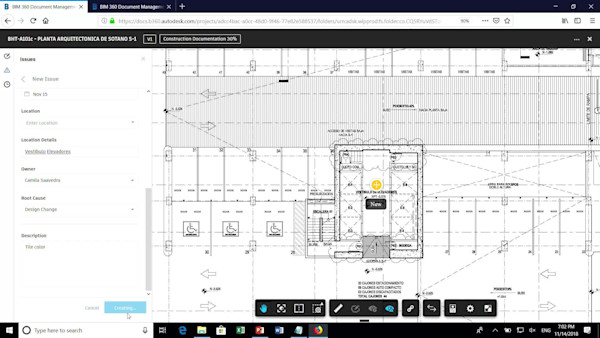Description
The new Data Exchange service helps you unlock your data and gives you the flexibility to share the right data with the right stakeholders at the right time. Its flexible and powerful API allows you to access the granular data in exchanges and, given the structure of the data, it is also possible to quickly identify and get the difference between the versions of a shared data subset. In this class, we’ll have an overview of the concepts used by the Data Exchange to describe the data structure, and we’ll work with these concepts to explain how the data’s organized within an exchange container. We’ll discuss the current capabilities of the Data Exchange API as well as some future functionalities. Given its current capabilities, we’ll go through some workflows that best suit its use. To be fair, we’ll also see some cases where it might not be the right solution, and compare it with other APIs like the Model Derivative API, the BIM 360 API, and Autodesk Construction Cloud Model Properties API.
Key Learnings
- Learn about the core concepts behind how the Data Exchange API operates and how the data is organized.
- Find out about Data Exchange API best practices for accessing relevant data.
- See some examples of workflows where the use of the Data Exchange API is best used.
- Identify the workflows where the use of the Data Exchange API, Model Derivative API, or Model Properties API is most suitable.
Downloads
Tags
Product | |
Topics |
People who like this class also liked

Instructional Demo
Bringing SharePoint and BIM 360 Together

Instructional Demo


